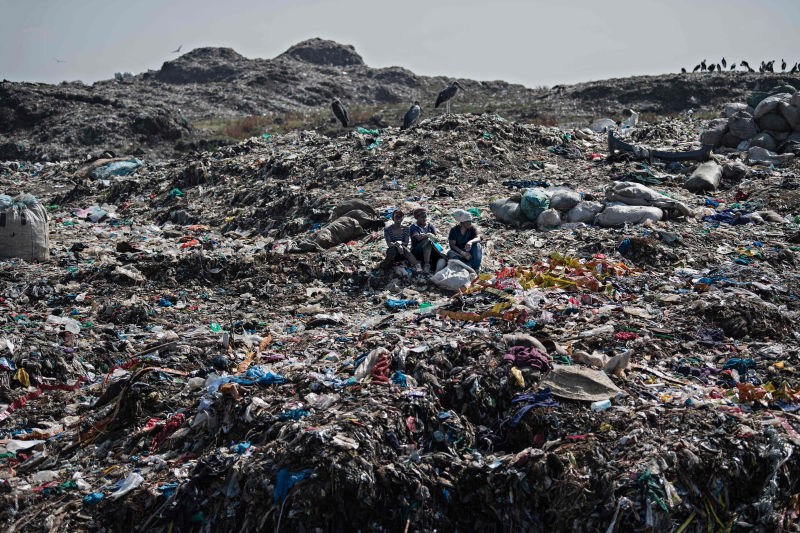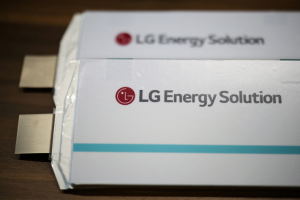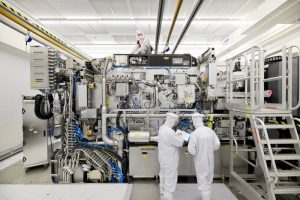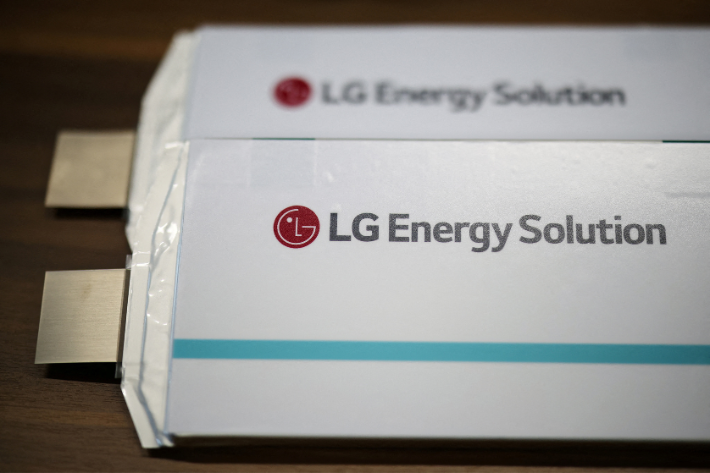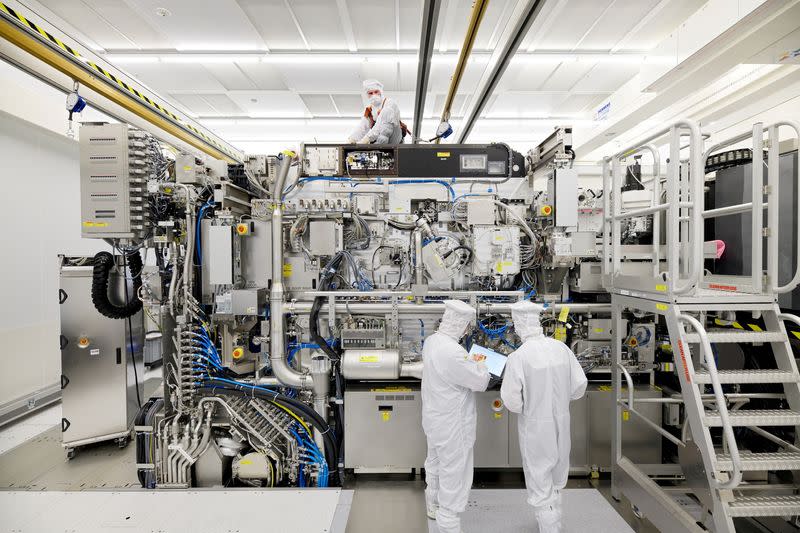The United Nations agreed on Wednesday to start negotiating a world-first global treaty on plastic pollution in what has been hailed a watershed moment for the planet.
Nearly 200 nations at the UN Environment Assembly (UNEA) in Nairobi unanimously agreed to create an intergovernmental committee to negotiate and finalise a legally binding plastics treaty by 2024.
The broad treaty framework approved by nations – among them major plastic producers such as China and the US – does not spell out specific policies, with particulars to be negotiated later.
UNEA chair Espen Barthe Eide declared the resolution passed with a strike of the gavel as the assembly hall erupted into cheers and applause.
“We are making history today. You should all be proud,” said Eide, who is Norway’s climate and environment minister.
Negotiators have been given a broad mandate to target plastic trash in all its forms — not just bottles and straws in the ocean, but invisible microplastics polluting the air, soil and food chain.
Supporters described the commitment to take united action on the plastic crisis as the most important environmental decision taken by the UN in years.
The scope covers the entire life cycle of plastic – a key demand of nations, businesses and environment groups – and could for the first time introduce new rules on the production of new plastic.
It also allows for the negotiation of new rules around the design of plastic products – which are made from oil and gas – to make recycling easier, encourage sustainable use, and spur better waste disposal.
“This is a clear acknowledgement that the entire life cycle of plastic, from fossil fuel extraction to disposal, creates pollution that is harmful to people and the planet,” Graham Forbes from Greenpeace said.
- AFP, with additional editing by George Russell
READ MORE:
Shell To Build Singapore Unit To Turn Plastic Waste To Chemicals
Copper Waste Could Yield Cobalt, Say Researchers
China goes to war on excessive courier packaging waste




